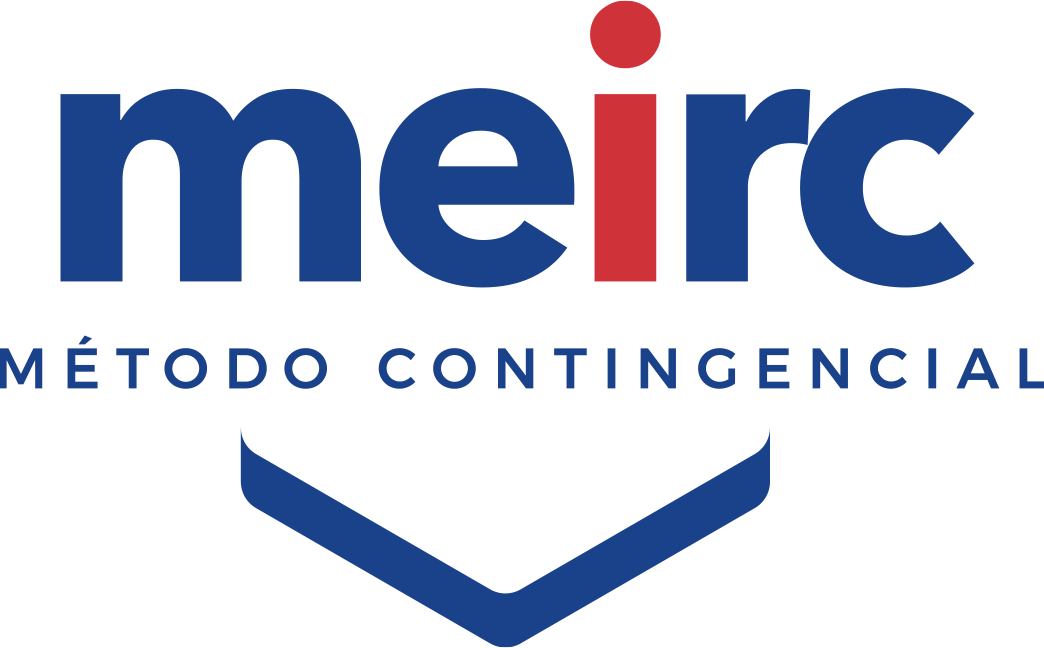

MEIRC is a method developed at Walden that is based on the tracking of five key points: Motivation, Exigency, Intervention, Response, and Consequence. This framework offers a solid and effective structure for addressing a variety of psychological and emotional problems crucial in children's development, not only with specific neurological conditions but also with neurotypical students.
Firstly, Motivation serves as the initial impulse for change. Fully understanding what your child desires at every moment of their life will increase the attention they pay to daily instructions.
Exigency in the MEIRC method involves asking the child to go one step beyond what they currently master and repeat what they do master more times. Each student has their own level of mastery, so the most important objective is to identify your child's level to build from there. This will make it possible for them not to become frustrated during the teaching process.
Contact with a natural environment provides significant benefits that enhance the student's response.
Intervention is the act of helping the behavior to be carried out. If we want our children to be obedient, we must encourage and assist them, first in completing tasks, as they require us to teach them how to do them, but then, once mastered, gradually withdraw assistance in a process known as fading.
Response is crucial to ensure that your child does not forget what they have learned. Practice until mastery is key, but even more important is to reward each progress with praise until achieving goals with excellent responses. Then, celebrate these achievements to encourage the repetition of these behaviors in the future. Manners and behavior are constantly practiced.
Finally, in the MEIRC method, Consequence is what we must do immediately after any behavior of our child and determines whether it will occur again or not. If your child behaves badly, it could be due to an inadequate response from you; instead of disciplining, you may be reinforcing. On the other hand, if your child behaves well, it means that you are responding appropriately to their good behavior. Ideally, rewards should be more frequent than disciplining.